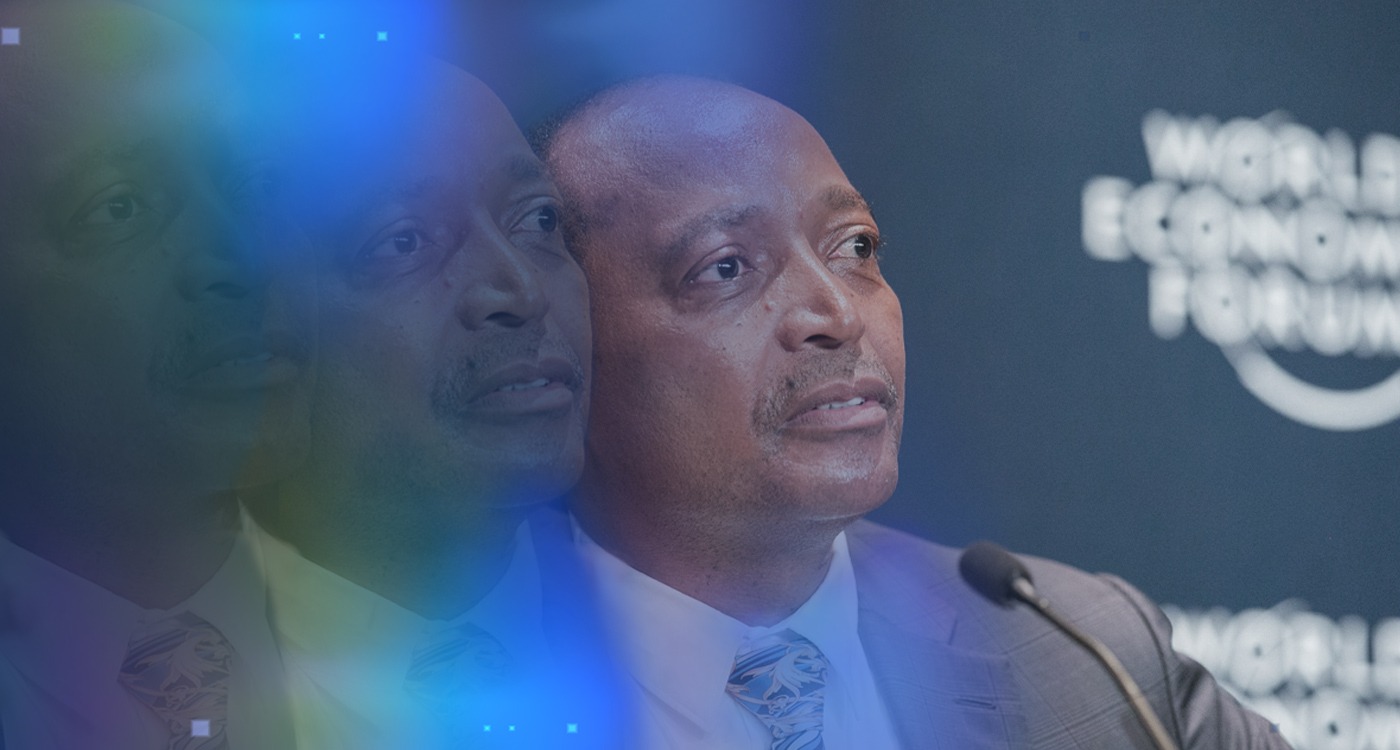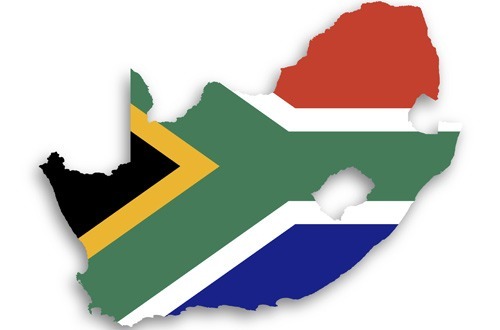Naspers, the media and technology group, is set to continue to invest in e-commerce and tech ventures.
“We have several billion in cash and underutilised credit facilities,” Naspers CEO Bob Van Dijk said in an interview with Bloomberg. “We have room to invest in the future.
According to Fin24, Naspers has become one of the world’s largest investors in e-commerce ventures.
In April Naspers made a R960 million investment in South African online retailer, Takealot.
The company has been involved in 14 deals worth $1.94bn this year alone, according to data compiled by Bloomberg. This includes a $1.2 billion investment in Germany’s Delivery Hero, a deal which is expected to strengthen Naspers‘ position in food delivery.
Fin24 reports that alongside e-commerce, Van Dijk flagged fintech as a particular area of focus. In October Naspers announced it had made an $115 million investment in Remitly, a digital remittance startup in the US through its fintech investment division PayU.
SAB B-BBEE Scheme Has Disbursed R2.6 Billion To Shareholders Since 2010
The South African Breweries (SAB) broad based black economic empowerment (B-BBEE) programme, SAB Zenzele, has disbursed a total of R2.6-billion to its three shareholder groups since its start in 2010.
SAB Zenzele, a R7.3-billion B-BBEE deal, was first announced on 1 July 2009 and placed 8.45% of the company’s shares in the hands of approximately 40 000 black shareholders.
Transaction participants include SAB employees (SAB Zenzele Employee Trust), qualifying black-owned liquor and soft drink retailers (SAB Zenzele Holdings for Retailers), and the SAB Foundation for the broader South African society. The benefits of the transaction are specifically targeted at the major stakeholder groups who have played a meaningful role in SAB’s long-term business success.
“In designing the SAB Zenzele transaction, SAB was determined to look beyond traditional business approaches and search for pioneering solutions to black economic empowerment that would deliver real benefits to the lives of many thousands of South Africans.
Through the SAB Foundation, many historically disadvantaged South Africans benefit from sustainable ongoing investment aimed at fostering entrepreneurship. Since the launch of the transaction in 2010, the SAB Foundation Trust has committed more than R151-million and has in turn supported 355 enterprises which offer products and services for the benefit of women, youth, people living with disabilities and people living in rural areas. In the recent SAB Foundation Social Innovation and Disability Empowerment Awards 2017, 24 winners were announced and were awarded over R9 million.
With 29 543 retailer beneficiaries, the retailer with a minimum number of shares of 317, acquired at a cost of R100, has received over R15 000 in cash and accumulated value of more than R74 000 since inception.
For no upfront investment, the average employee has accumulated over R278 000 in cash and value appreciation.
SAB Zenzele will run in its current form until 2020. Plans are being drafted for the continuation of the scheme post-2020, a commitment made to the South African government as part of its Public Interest Commitments at the time of the business combination.
Digital Platforms A Game-Changer For Convenient SME Funding
The efficient use of digital platforms is crucial in enabling convenient access to funding for South Africa’s small and medium enterprises (SMEs). This is according to Mike Vacy-Lyle, CEO of FNB Business, who says a pragmatic approach that prioritises the use of technology could be a game-changer in the way the country’s SMEs access funding opportunities.
“We are seeing evidence of this in our business since we introduced online credit scoring for SMEs that bank with us. The automation of this process has significantly improved our credit scoring rate in the SME space, which means qualifying small business that bank with us are able to process their credit applications much faster and get a quick response on the outcome of their applications,”he says.
Convenient access to credit is viewed as one of the fundamental barriers to growing South Africa’s SME sector; this is a sector that remains central to the government’s plans to stimulate a new growth path that is detailed in the National Development Plan (NDP). Unfortunately South Africa’s economic plight hasn’t been conducive to creating a booming SME sector, hence new interventions are necessary.
“The upliftment of SMEs is a non-negotiable for South Africa,” says Vacy-Lyle, “because of the urgent need to grow our economy, create jobs and broaden financial inclusion. While credit extension is an important component of enabling small businesses, we firmly believe that building an enabling ecosystem will significantly aid the process and the adoption of technology is at the heart of this process.”
FNB says according to its business registration data, approximately 3 000 new businesses registrations were initiated every month for the 12 months ending June 2017. The sustained business appetite among local entrepreneurs is good news for South Africa in the context of a stagnant economy which hasn’t offered much inspiration to both small and business activity.
“Globally, operating conditions are not getting easier for entrepreneurs; this is why innovation is necessary for business success. As South Africa’s top business bank, we are investing time and money to help entrepreneurs by understanding their core business and removing angst through our advanced banking infrastructure and tech ecosystem,” concludes Vacy-Lyle.







